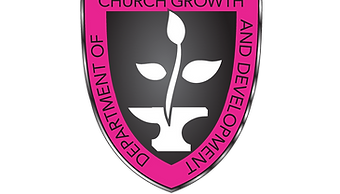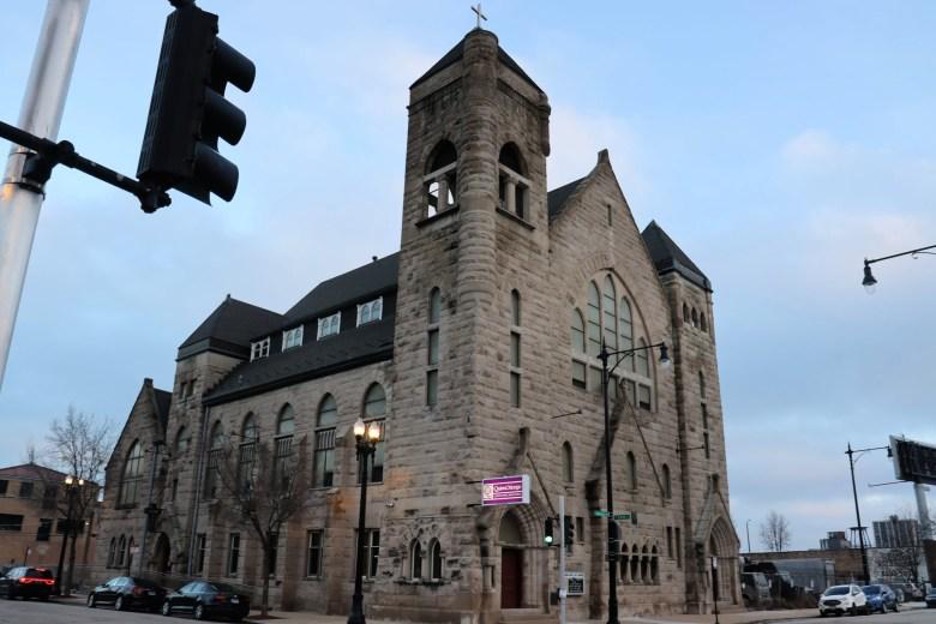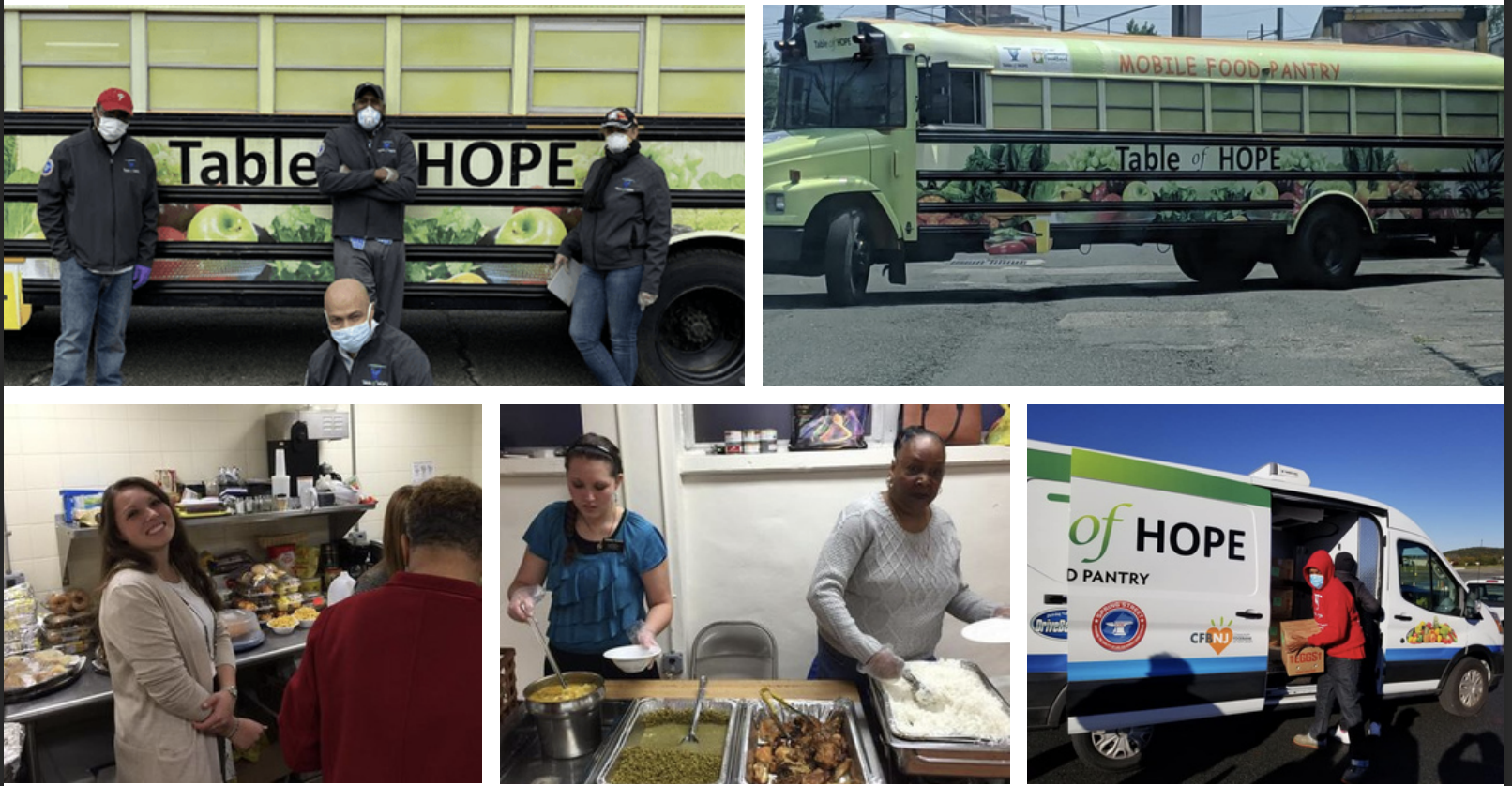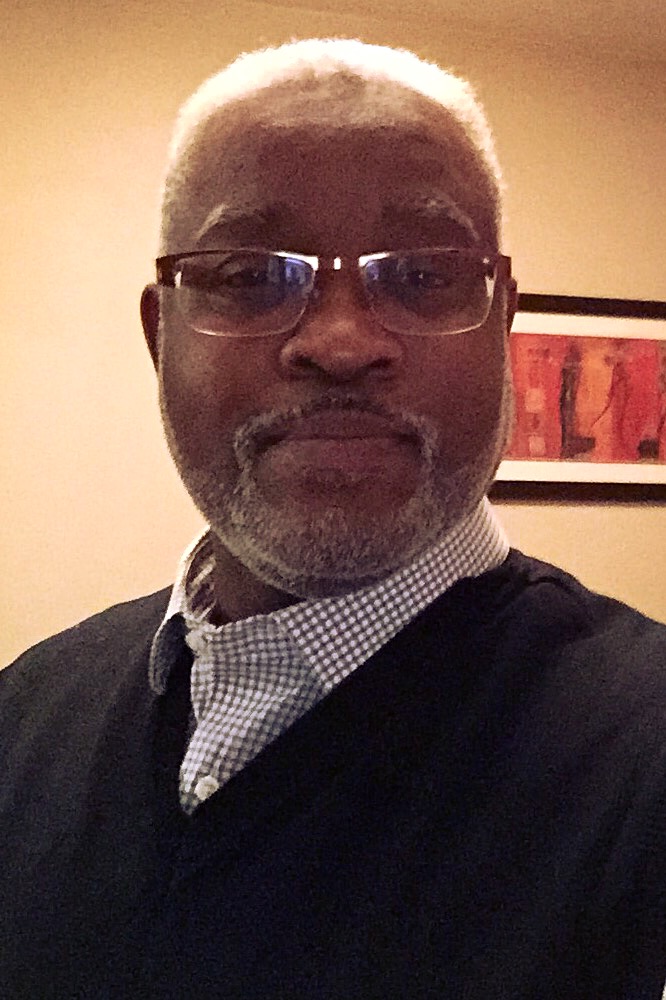Churches Beware of Your Cash Balances and Banking Relationships!
By Cynthia Gordon-Floyd, C.P.A., C.F.E., Contributing Writer
Many of you may be aware of the recent failure of Silicon Valley Bank. It was number 14 on the list of the 15 largest banks in the US. Shockingly, they boasted an A rating one day and became insolvent a day later.
The COVID-19 pandemic wreaked havoc on us but also caused irrefutable damage to the commercial real estate industry. Remote work has become our society’s mainstay, with many working remotely full-time or in a hybrid environment. This reality has significantly reduced the demand for office space, resulting in many commercial landlords needing help making mortgage payments, and valuations have fallen as well.
Mike Batts, CPA with Batts Morrison Wales & Lee, a nonprofit accounting firm I follow closely, advises nonprofits to watch their cash deposits in this volatile environment diligently. Silicon Valley Bank was the 14th largest bank in the U.S.! It was the second-largest bank failure in U.S. history.
Why the alarm? Many banks invest heavily in commercial real estate, a steady and reliable investment for many years. Unfortunately, this shift has significantly harmed many banks and has raised the risk of their loan portfolios. We are at a higher risk of bank failures; consequently, monitoring your bank’s ratings is not enough; please be aware of the following and act:
- Avoid keeping more than $250,000 in any one bank! I can not tell you how many churches I have served that have a lot of money earning zero interest in a checking account. The FDIC (Federal Deposit Insurance Corporation) insurance only covers $250,000 per depositor, not per account. This means the government will only ensure that much, and you will lose the rest if your bank fails!
Buy CDs at 4%+ interest and earn interest on those balances that are sitting idle. This market is a rare opportunity to make money with minimal risk.
- Check the ratings of your banks in the Wall Street Journal or Bauer Financial routinely. Ask your bank about their holdings; specifically, ask what percentage are commercial real estate or high-risk industries and markets. Pay attention to any local news about your bank.
- This is not to say that regional and local banks are safe or unsafe. Many of them are conservative, and if you are in a small town, your commercial real estate market may be more stable than in many large cities. Knowledge is power. Investigate and pay attention. Please.
Cynthia Gordon-Floyd is a certified public accountant and a certified fraud examiner. She is the founder of Willing Steward Ministries, LLC. Willing Steward Ministries (www.willingsteward.com) is a financial consulting and accounting firm for churches and other faith-based nonprofits, specializing in Bible-focused financial practices, pastoral compensation issues, IRS compliance, and other financial needs specific to churches. Cynthia is a graduate of Lake Forest College and holds her MBA in Accounting from DePaul University. She teaches a certificate program in Church Financial Management at Turner Theological Seminary in Atlanta, Georgia.





